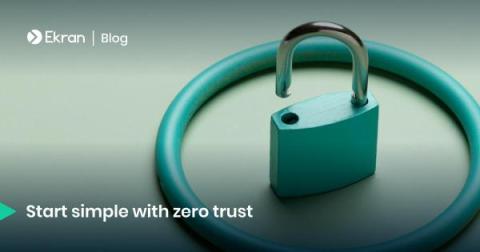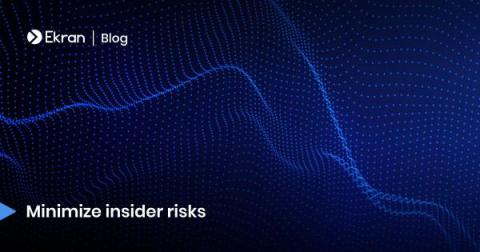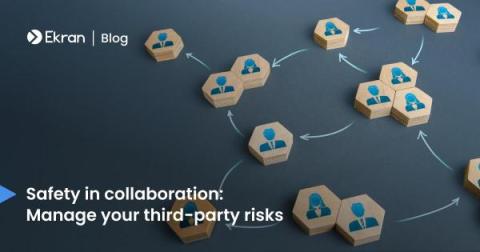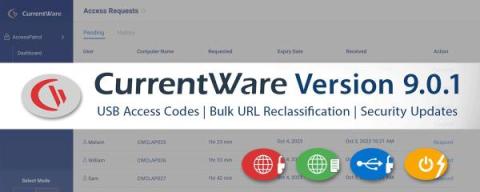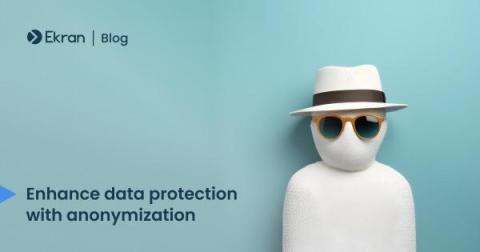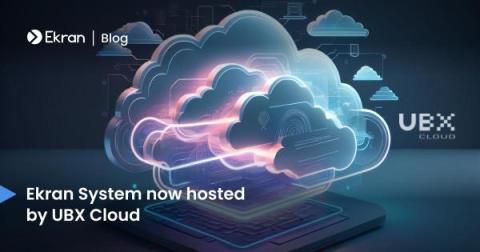Security | Threat Detection | Cyberattacks | DevSecOps | Compliance
Latest News
Insider Risk Management for Your Cloud Infrastructure: Why Do You Need an IRM Program?
Insider Threats in Cybersecurity
Ekran System Partners with Hideez to Introduce Enhanced Authentication Functionality
Third-Party Security Risks: How to Mitigate Potential Cybersecurity Threats
USB Access Codes, Security Enhancements, and More! (v9.0.1)
CurrentWare version 9.0.1 is here! This update brings a streamlined Access Code Generator process for AccessPatrol, Bulk URL Reclassification for BrowseReporter and BrowseControl, and new security and quality-of-life updates to the CurrentWare Suite. As always, we recommend keeping your CurrentWare deployment up-to-date to take advantage of the latest functionality, stability, and security developments.
Data Anonymization: What It Is and 6 Best Practices You Should Know
Engaging Insiders to Combat Insider Threats
Every IT and security leader loses sleep over insider threats. They’re notoriously difficult to detect, costly to mitigate and can lead to widespread loss and reputational damage. Despite efforts to mitigate insider threats, current global risks and economic pressure are fueling the flame. There’s no silver bullet for insider threat protection, however a greater focus on culture, engagement and empowerment can make a real difference.
Ekran System Integrates with UBX to Promote Secure Cloud Experiences
Cybersecurity Compliance in the Education Industry: How to Protect Students' Personal Data
The education industry is facing a growing threat from malicious cyberattackers, both external and internal. According to the Cyber Attack Trends report by Check Point Research, the education and research industry suffered from 44% more cyberattacks in the first half of 2022 compared to the same period in 2021. Therefore, cybersecurity in the academic industry is of paramount importance now.


